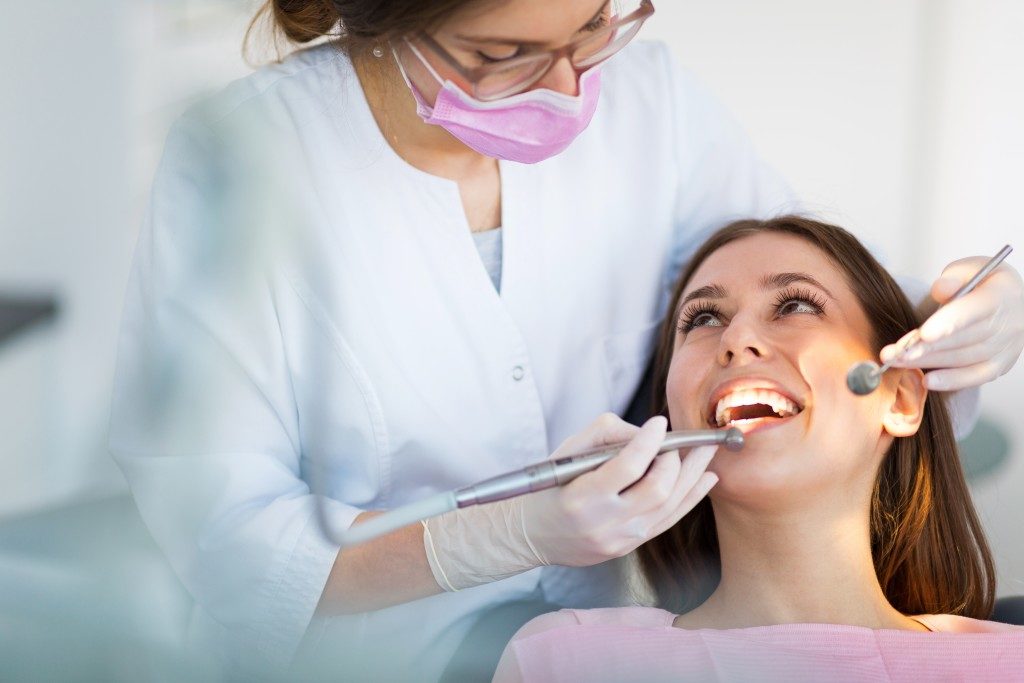Wisdom teeth usually emerge during the late teens or early 20s. Most adults have two sets of wisdom teeth. Studies indicate that most people do not have enough space to accommodate the full growth of wisdom teeth in their mouths. As such, wisdom teeth fail to fully break through a gum line, which means that the teeth might remain stuck in the jaw or part of the tooth emerges through the gums. As a result, people get impacted wisdom teeth, which is a common occurrence.
Studies reveal that close to 65 percent of all wisdom teeth are impacted. A dentist can quickly tell when you have an impacted wisdom tooth and track its growth through regular dental X-rays. Since impacted wisdom teeth can result in an array of problems that affect your dental health, it is wise to remove them. Here are some of the common issues that impacted wisdom teeth cause:
Poor oral hygiene
Chances are, your impacted wisdom teeth are not making you uncomfortable. However, they can still pose a challenge to your oral health. It can be challenging to keep an impacted wisdom tooth that has partially erupted through the gum line. It can be tricky to floss between a second molar and a somewhat grown wisdom tooth. Also, it is difficult to reach a partly developed wisdom tooth when with a toothbrush. You need to consult an orthodontist in Vienna about flossing and brushing impacted wisdom teeth.
Development of cysts
When wisdom teeth develop in a sac with your jawbone, the sac fills with fluid. The fluid eventually forms cysts that can potentially damage nerves, the jawbone, and teeth. Unfortunately, a noncancerous tumor might develop, but it rarely happens. Unfortunately, when it happens, the chances of bone and tissue removal are high.
Damage to neighboring teeth
Impacted wisdom teeth usually don’t grow straight like healthy teeth. They tilt forward or grow toward the second molar. Unfortunately, some impacted wisdom teeth grow entirely horizontal, so they grow at a 90-degree angle. Such an impacted wisdom tooth can bump into the other teeth, which damages the roots of the neighboring teeth. Notably, impacted wisdom teeth are likely to shift the other teeth, which risks those teeth to infection and decay.
Chances of developing an infection

Impacted wisdom teeth result in a decay type known as pericoronitis. The decay occurs when impacted teeth fail to grow outside the gum line. Your gums are likely to swell and be inflamed when you are suffering from pericoronitis. The type of infection makes it difficult for you to brush, and sometimes hard to open your mouth. Pericoronitis builds up bacteria near your gums, which explains why you have a bad taste in your mouth and bad breath.
Wrapping it up
Chances are, you are unaware that you have impacted wisdom teeth, especially if you rarely have dental checkups. If you are experiencing one or more of these problems, you should visit your dentist. The dentist will probably extract the impacted wisdom tooth or sort it without extraction.

